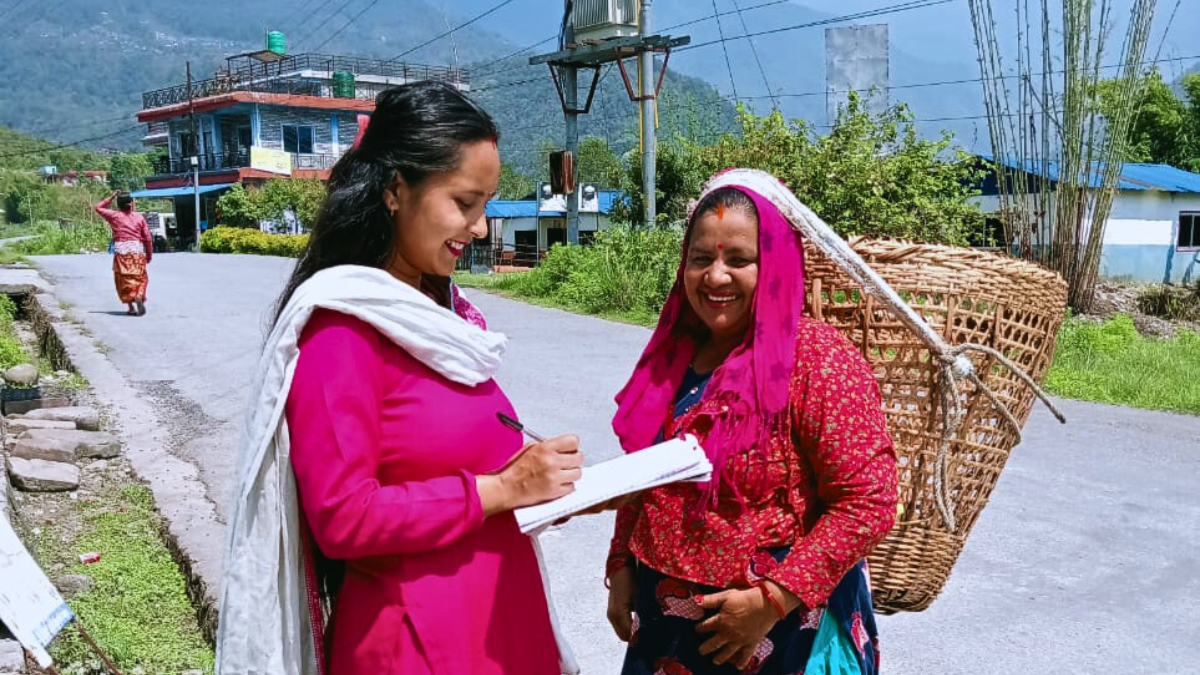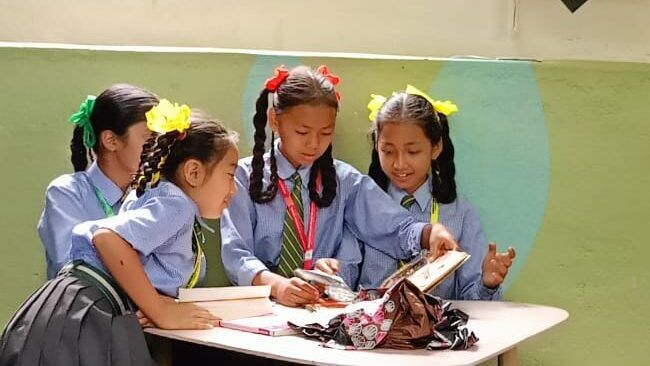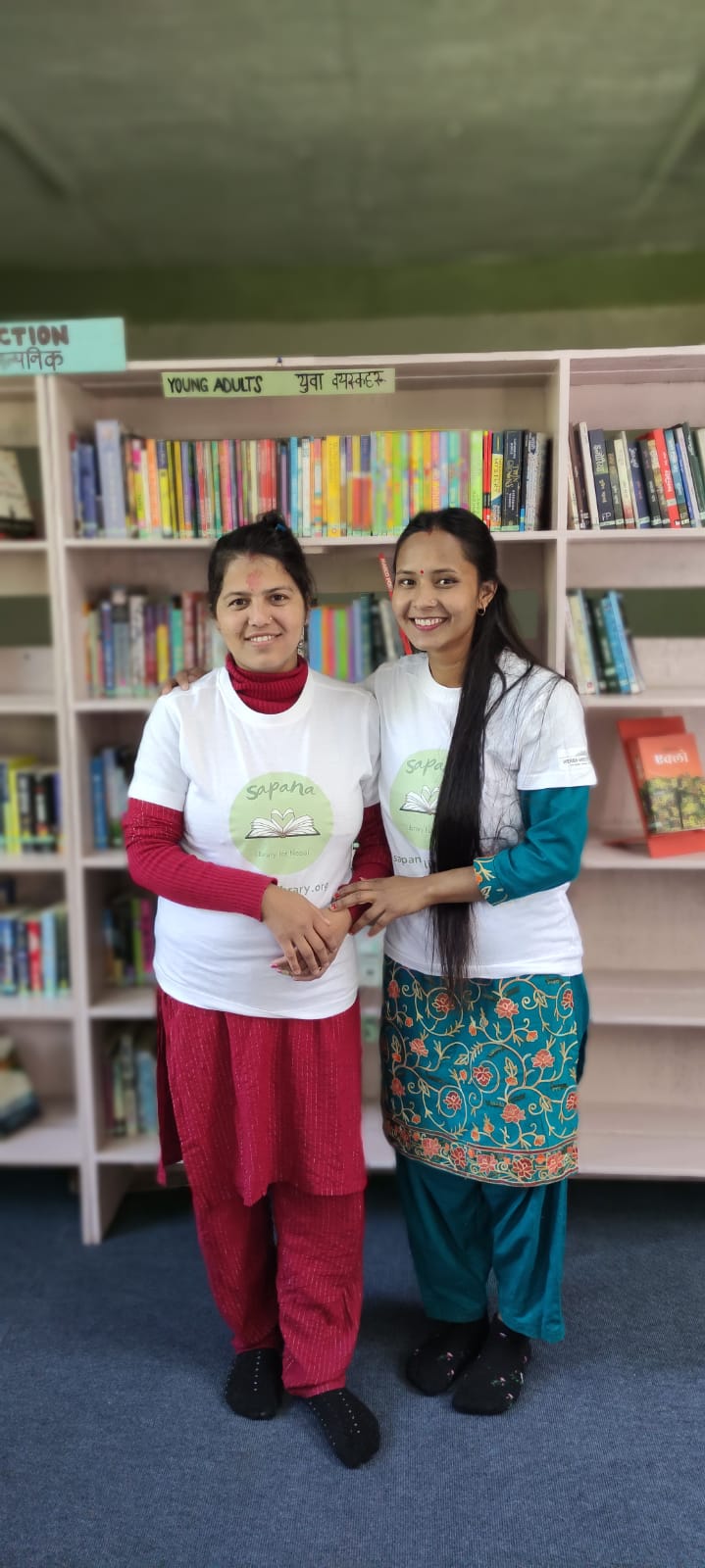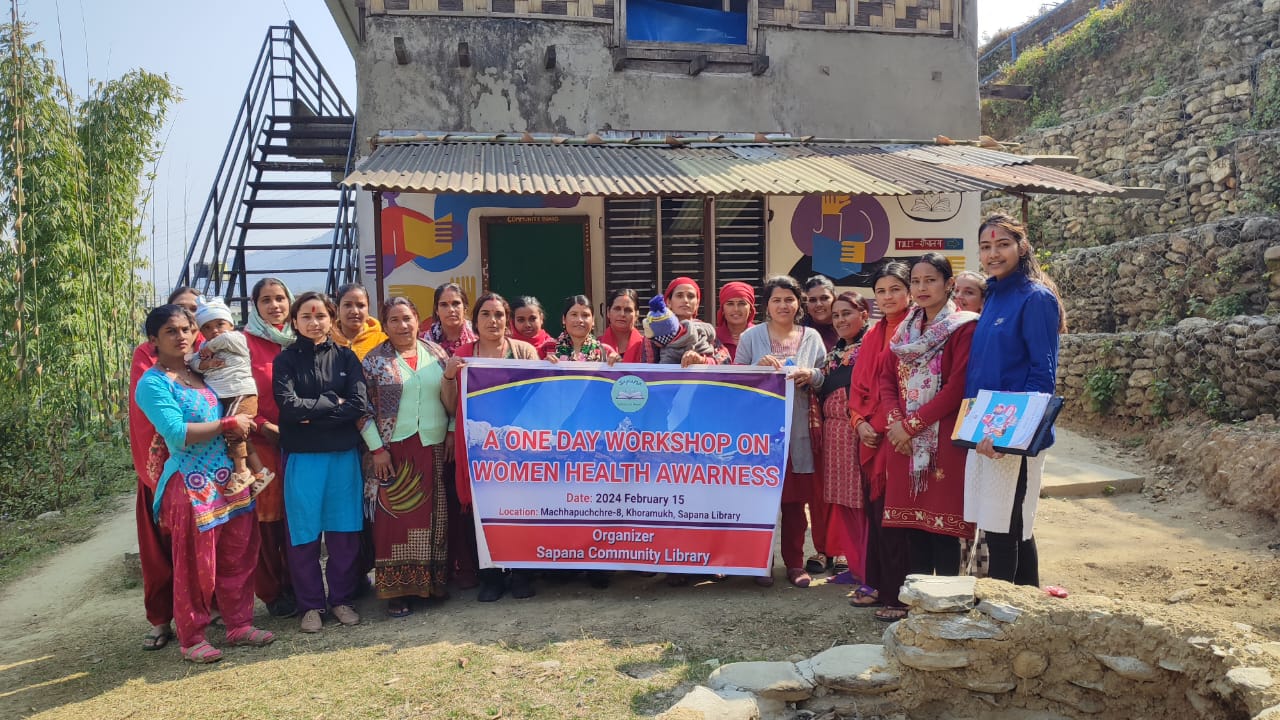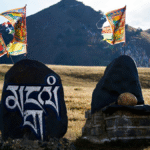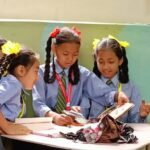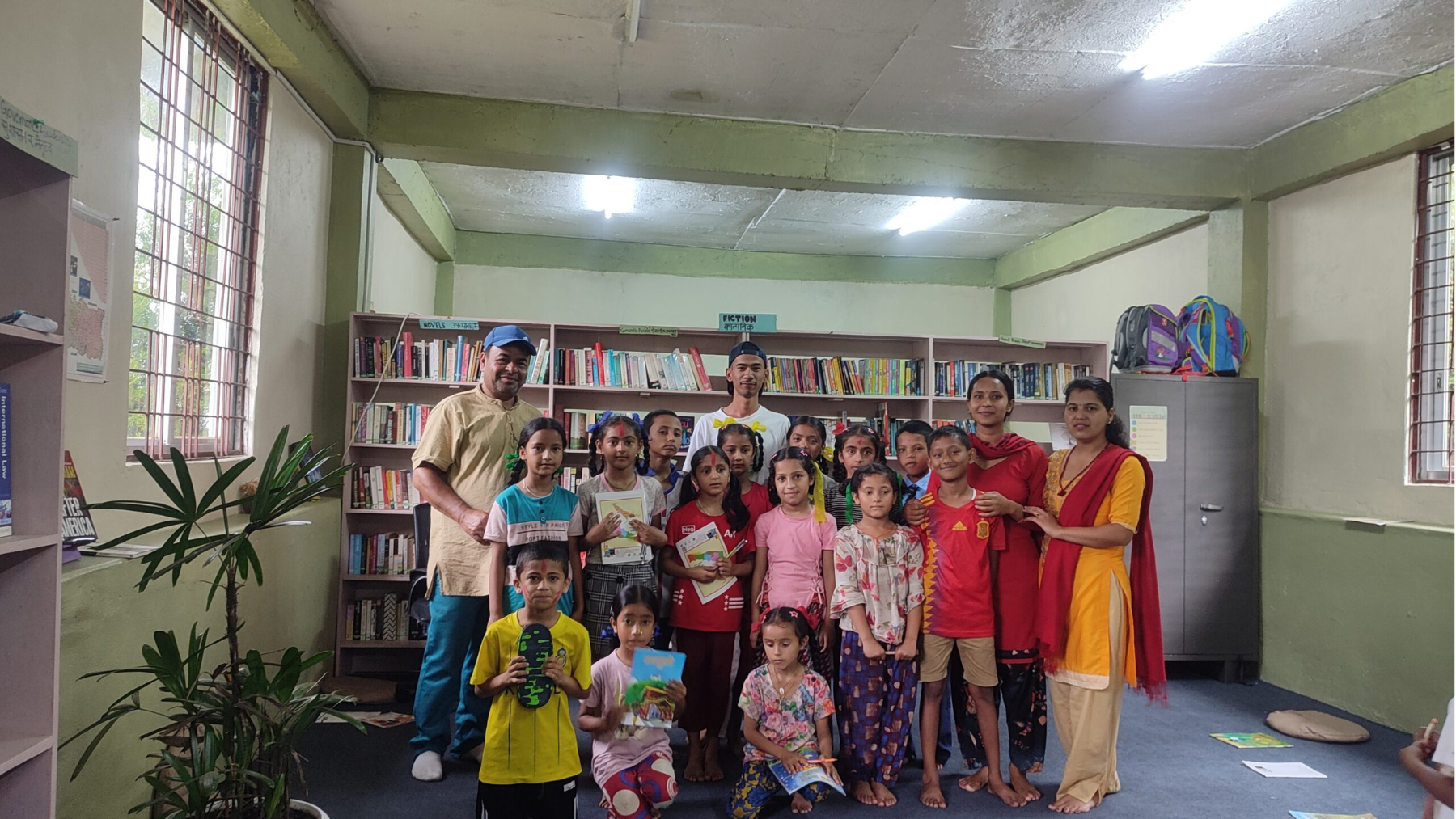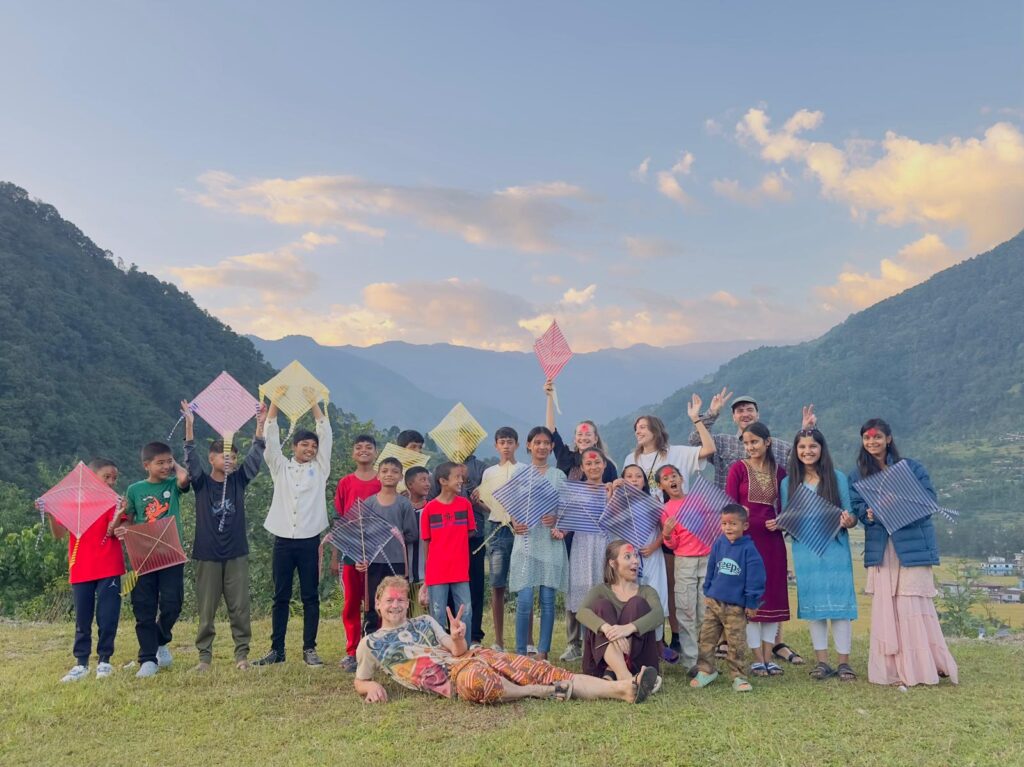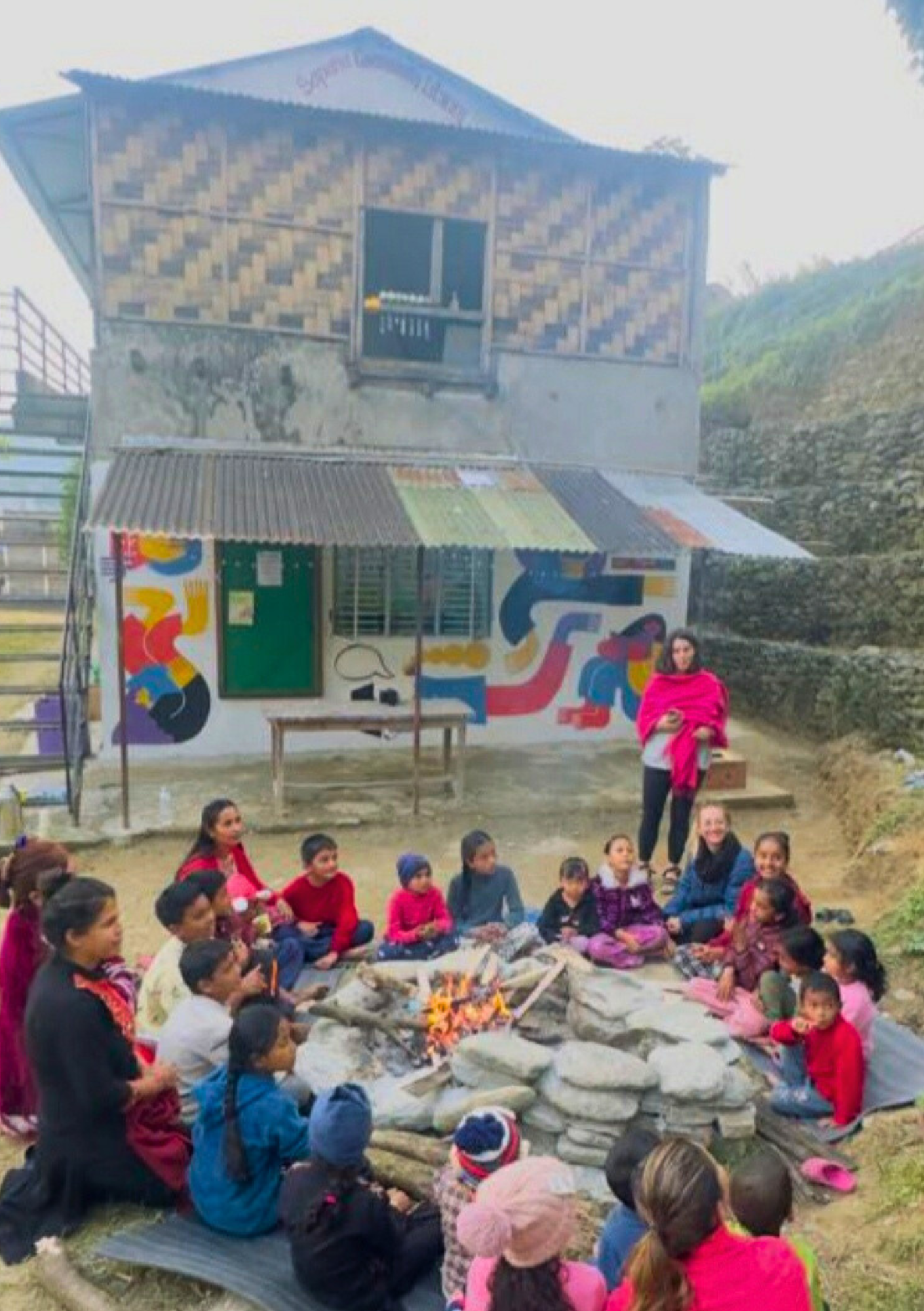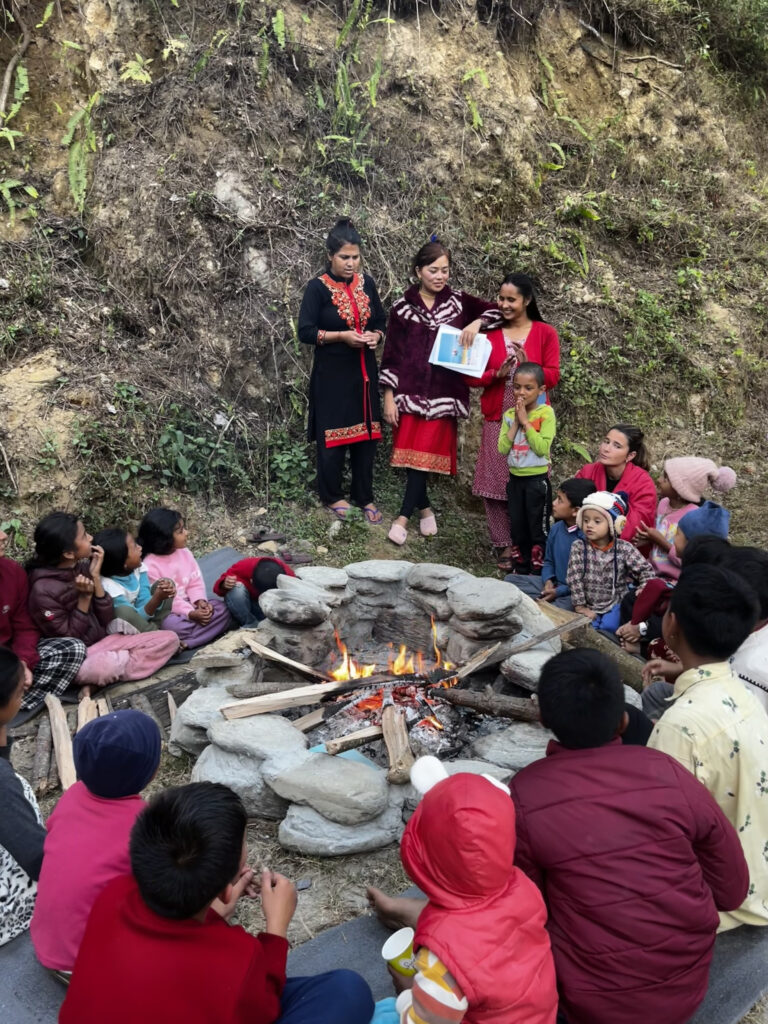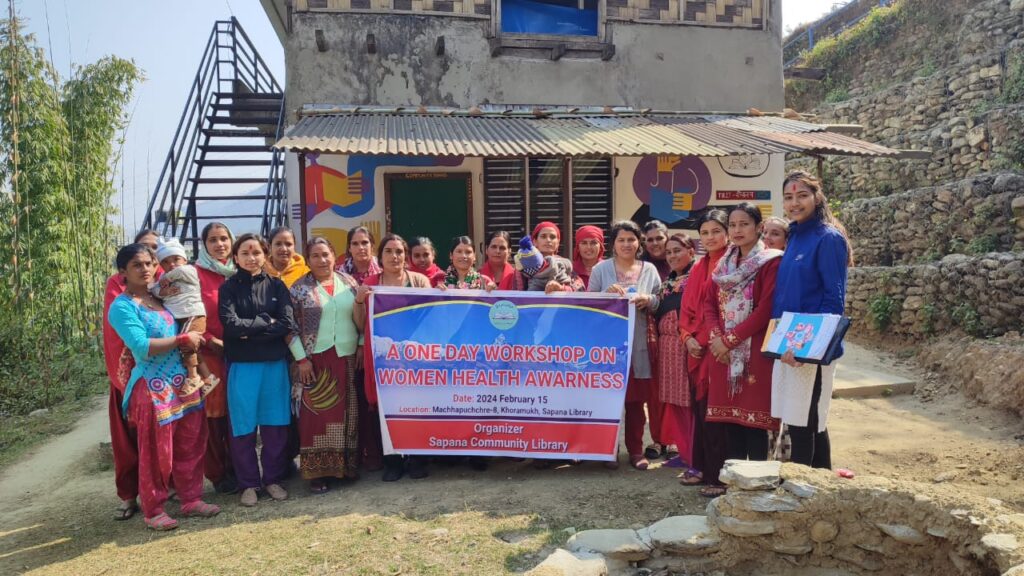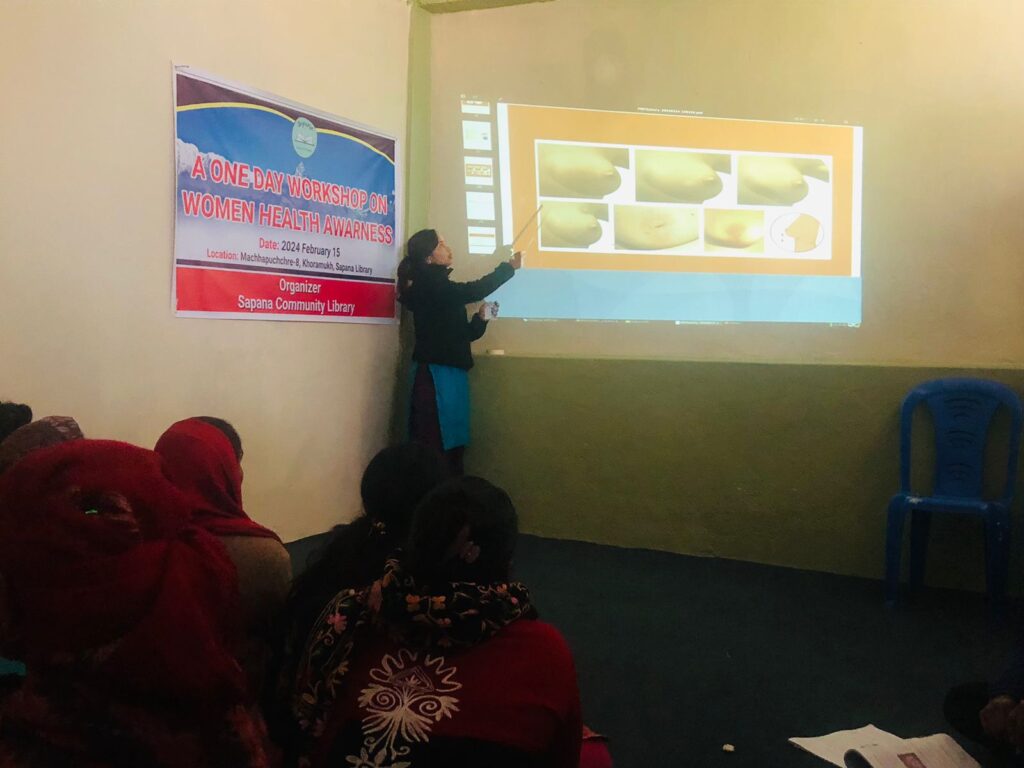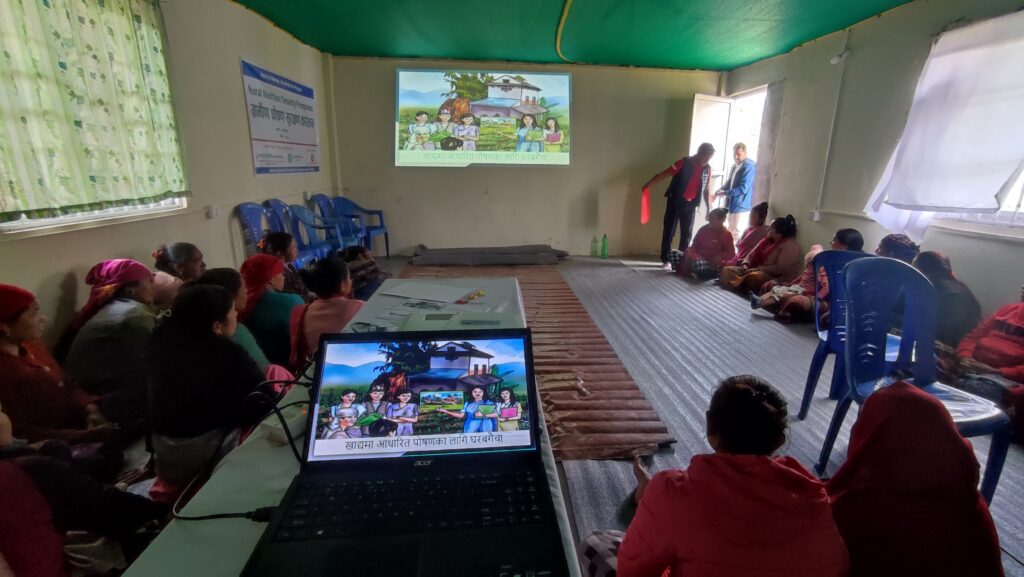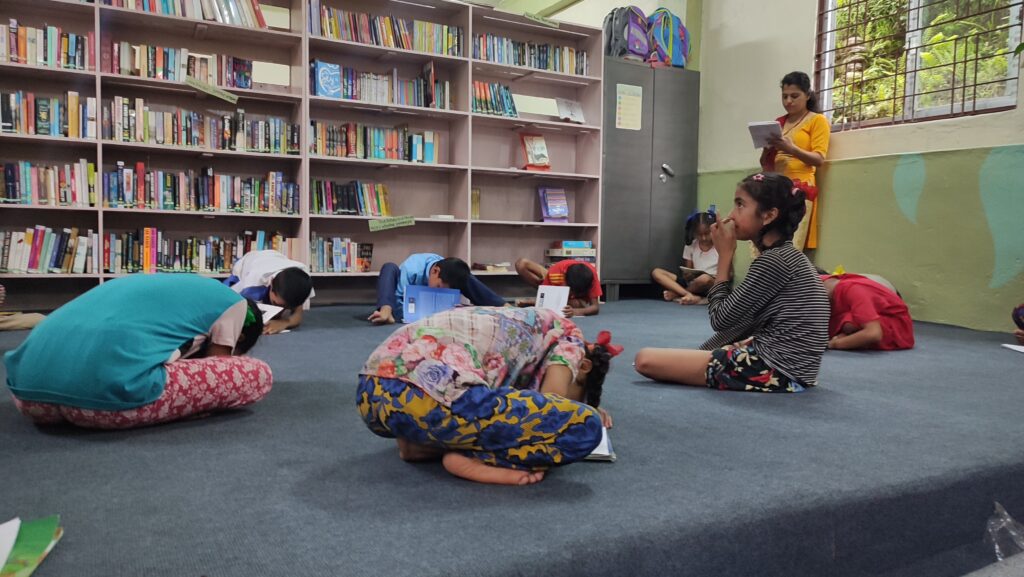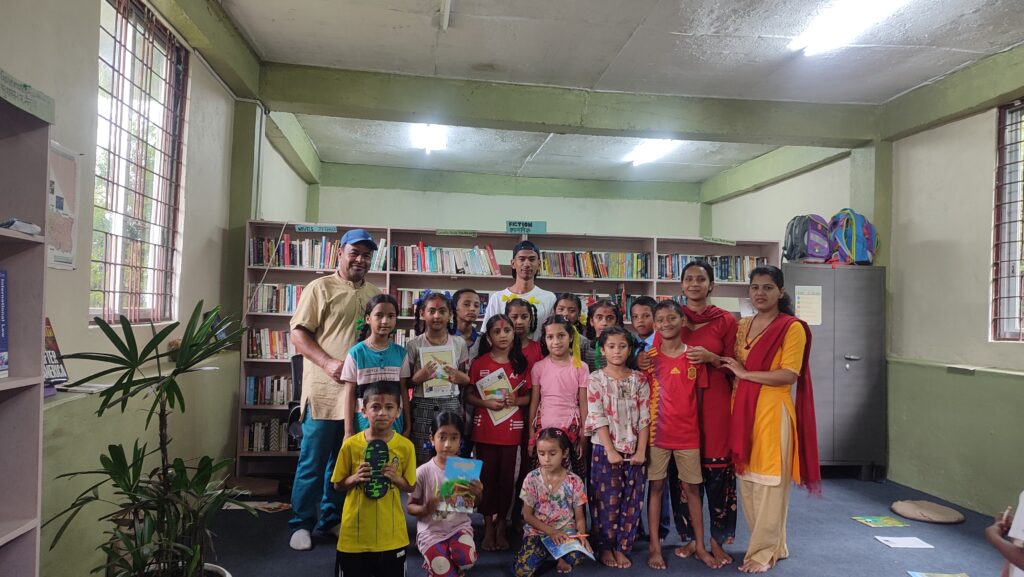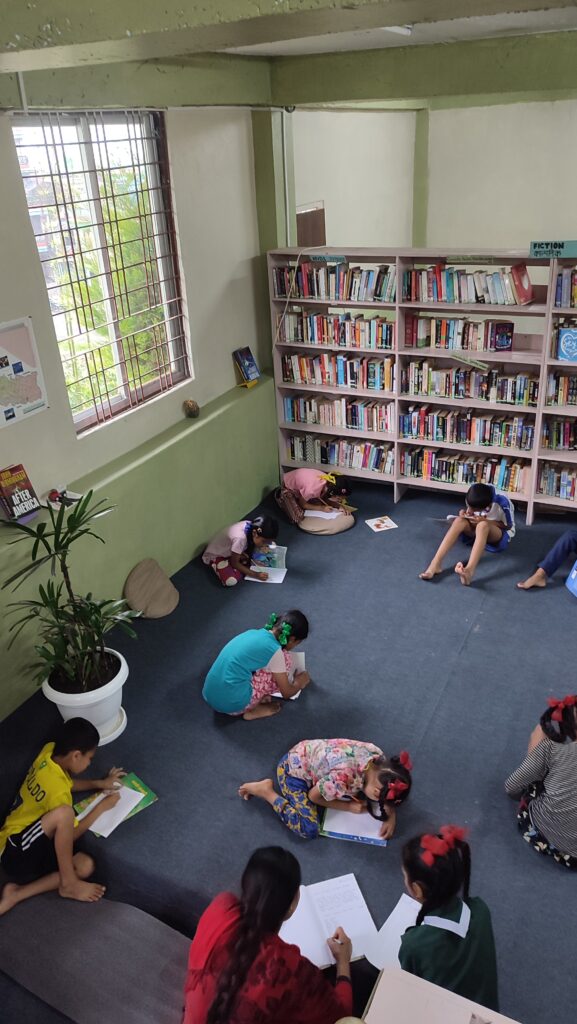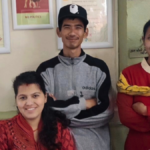Promoting Reading in Nepal: Doorstep Visits by the Sapana Library
Promoting reading in Nepal is about much more than just putting books on shelves. It means reaching people where they live, often far from schools or libraries. This is precisely the mission of the Sapana Library in Khorkamukh, near Pokhara.
Since opening in 2023, the library has become a hub for learning, connection, and personal development. After the first year, it became clear: if education is to reach everyone, it must come to the people, not the other way around.
Doorstep Visits: Promoting Reading in Rural Nepal
Promoting reading in Nepal means more than just putting books on shelves. It means reaching people where they live, often far from schools or libraries. This is the mission of the Sapana Library in Khorkamukh, near Pokhara.
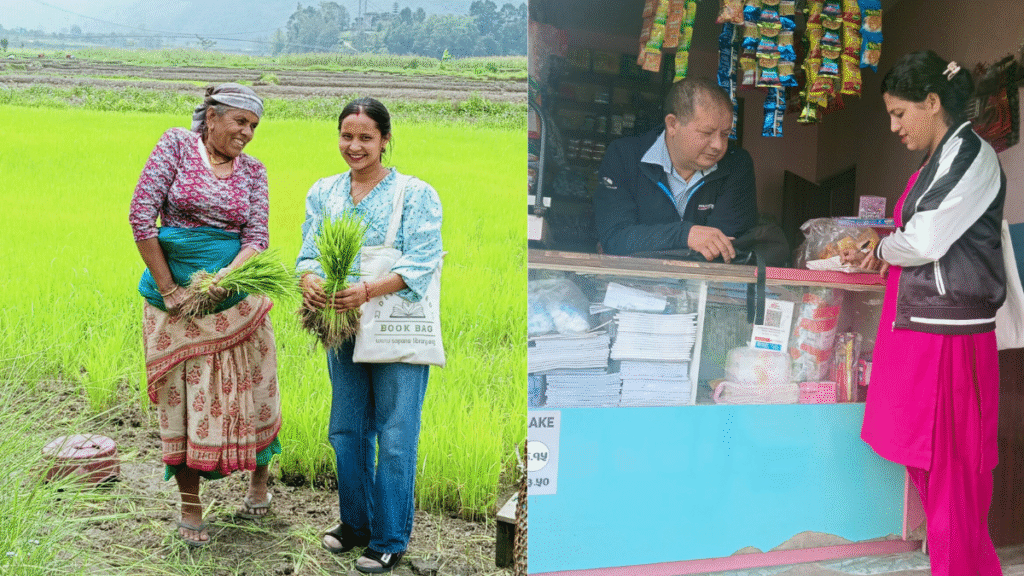
Since opening in 2023, the library has been a place for learning, connection, and growth. But after the first year, it became clear: education must come to people, not the other way around.
At the end of 2024, the Sapana Library team launched a new initiative: doorstep visits. Twice a week, librarians Pabitra and Jyoti visit nearby villages, meeting families, students, farmers, and elderly residents.
Their goal is to spark awareness of the library, discuss the value of reading, and build trust. These visits are about genuine encounters, not statistics, showing how reading helps in everyday life – at school, work, or home.
Jyoti shares: “Doorstep visits are important because they help us connect with the community. We can share library information and also understand people’s thoughts and needs better.”
Since the program began, the librarians reached over ten villages, including Rivan, Thanti, Lumre, and Nayapul, visiting 480 households and 904 individuals. They met people everywhere: in homes, barns, fields, village centers, small shops, on bridges, and roadsides.

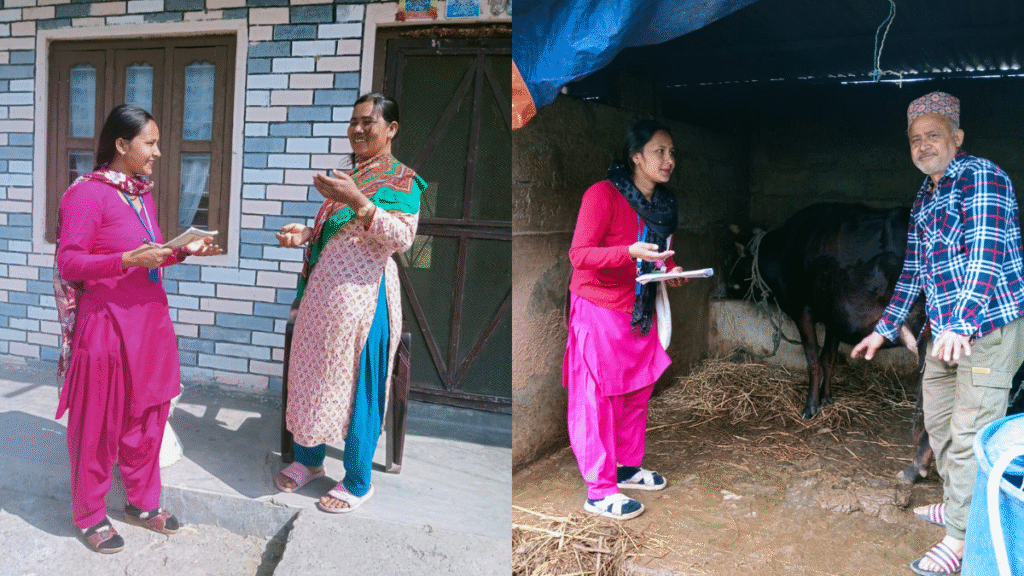
Early Results: Gradual but Visible
The impact was soon noticeable. Step by step, more visitors came to the library. Children brought friends, and adults brought siblings.
Many people learned about the library for the first time through these visits. In villages far from the library, information often spreads only by word of mouth. Here, personal conversations proved far more effective than posters.
The library team also benefited: librarians gained confidence, improved communication skills, and learned to engage with the community as part of the library mission.
Jyoti adds: “Through the visits, I’ve learned that direct communication creates trust and connection. It made me more confident and helped me understand people better. These encounters also create beautiful moments: I met a mother who had never heard of the library before. She was so happy when I told her about it and said she would come soon with her children.”
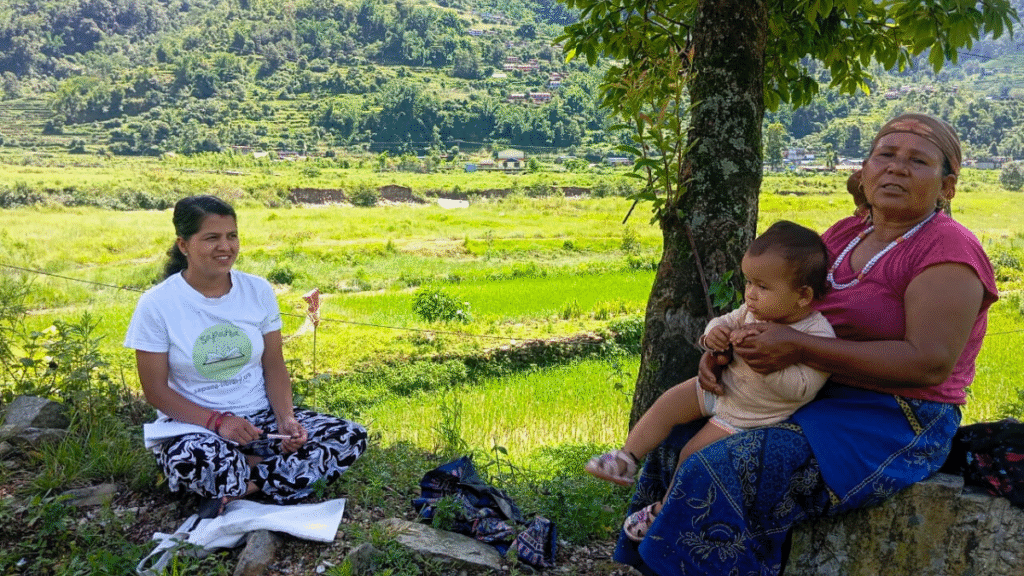
Similarly, Pabitra notes: “My interpersonal skills have improved, and it’s now easier for me to speak with people of all ages, religions, and communities.”
Challenges in Promoting Reading in Nepal
Not everything runs smoothly. Many household members are away at work during the day. Some adults cannot read or do not immediately see the benefits of books. Other families live far away or have sent children to the city for higher education.
The library team also needs clear structures and regular guidance to manage daily routines efficiently. Yet the positives outweigh the challenges: each encounter raises awareness, and each story read sparks curiosity.
Pabitra shares a special moment: “One older woman was so happy to see us. She said she never thought library staff would visit her home. Her joy made me proud and grateful for our work.”
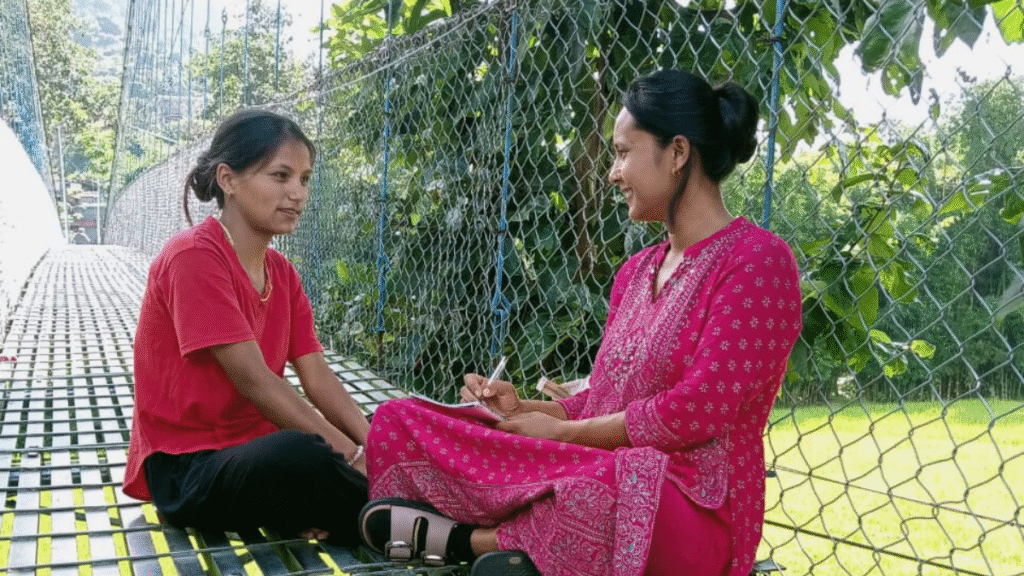
Collaboration and Workshops for Effective Reading Promotion
For long-term impact, the Sapana Library also integrates reading into village life through workshops and group programs. Librarians lead small-group reading sessions directly in the villages.
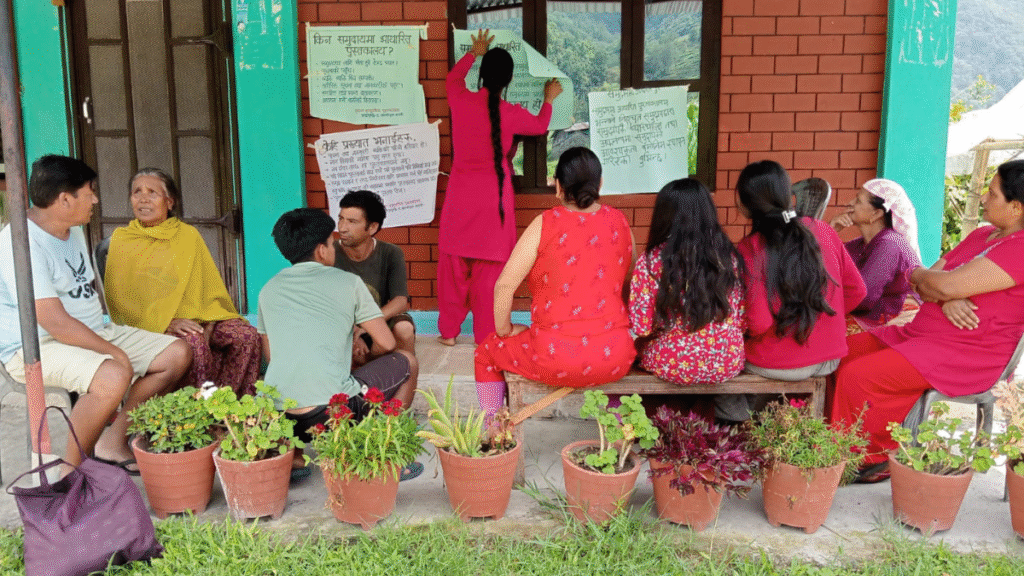
In a nearby school, a small Book Corner has been set up, with books exchanged monthly. The team aims to connect more with other organizations, including NGOs in education, agriculture, and health.
The Future of Reading Promotion in Nepal
In the coming months, the program will expand to more villages, while the library will provide additional leisure and learning materials – from children’s books to agricultural literature and computer training.
Residents requested that the book selection better meet their needs. Librarians will also receive further training to strengthen their role as educational ambassadors.
The vision is clear: the Sapana Library will be a central hub for education, connection, and inspiration – a space where reading shapes the future.
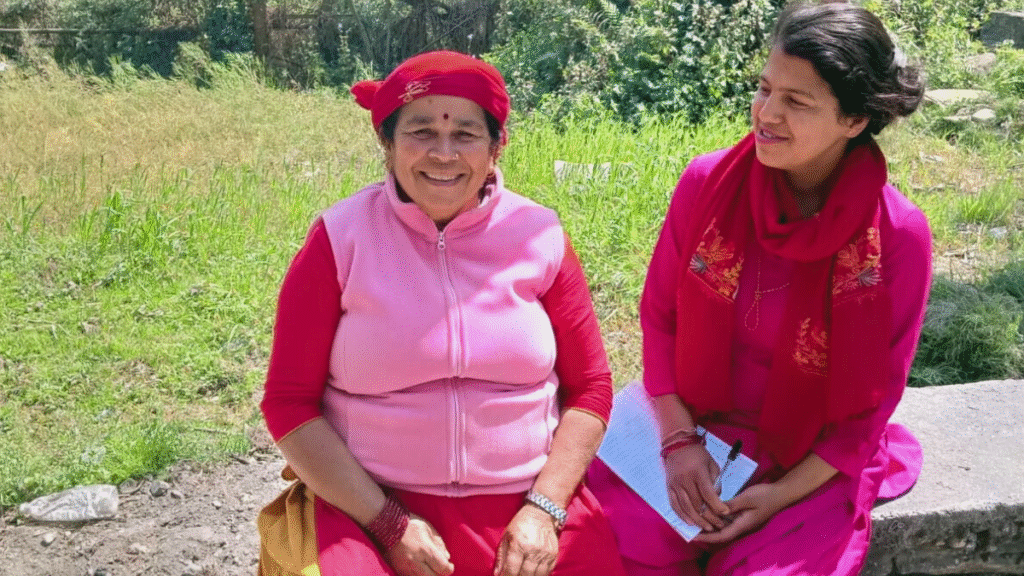
Similar Articles
- Promoting Reading in Nepal: Doorstep Visits by the Sapana Library

- The library’s current splendor: A glimpse of its diversity and dynamism
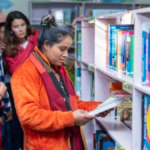
- Between letters and enthusiasm: Our November 2023 before and after the library opening
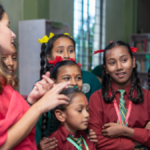
- Colourful October 2023: Jacqueline’s perspective on our progress

- Our reading promotion program in the villages

